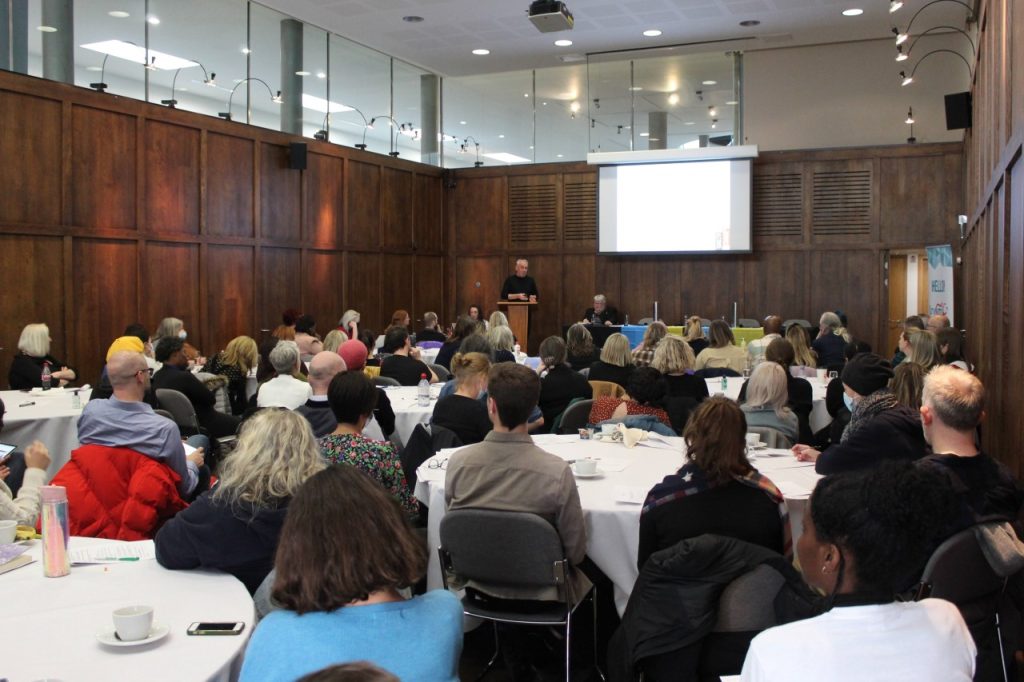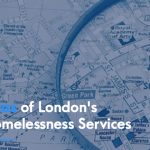
London Housing Foundation support the excellent work of the London Network of Nurses and Midwives in Homelessness Group. They recently published a report on their 2022 conference, and we asked Samantha Dorney-Smith, the secretary of the Group, to tell us more about what the report found.
Many rough sleepers and people experiencing homelessness that live in hostels self-neglect to the point where this becomes a safeguarding issue. Self-neglect in this context is an extreme lack of self-care, that threatens personal health and safety. This includes neglecting to care for one’s personal hygiene, health and/or surroundings. It often involves a failure to seek help or access services to meet health and social care needs and an inability to manage one’s personal affairs. This is often linked to addictions and mental health, which can make it quite hard to tackle without sustained, expert intervention.
Sadly, self-neglect like this is a serious issue that often results in avoidable early death. 45% of Safeguarding Adults Reviews after death involve self-neglect, and many of these also involve homelessness, mental health and addiction. Front line workers working with people experiencing homelessness often struggle to get support people who self-neglect, who often require personalised assertive outreach responses from all partners.
The LHF recently funded the London Network of Nurses and Midwives Homelessness Group to bring together 100 front line health and care practitioners working in homeless and inclusion health across London to discuss this issue. It was great to see passion and dedication, and desire to improve care shining through at the event. It was also fabulous to have the attendance of several senior leaders in the field who listened to the experiences of those who are directly involved in providing care and gave expert advice.
Polling at the event showed that London based practitioners thought that between 40% – 80% of their caseloads of people experiencing homelessness would be seen as self-neglecting from a safeguarding perspective. However, 43% of respondents said they ‘rarely’ or ‘never’ had their self-neglect referrals accepted by Social Care, and 39% said that when referrals were accepted that this ‘rarely’ or ‘never’ made a difference.
Five anonymous case studies were presented at the event which drew out some key themes about the challenges of getting adequate support for these clients, and importantly how differences in expert views around mental capacity were complicating this.
Within focus groups on the day the need for the provision of new guidelines, expert advice, case discussion forums and the robust reviewing of deaths came up repeatedly. There was a general recognition of the need for increased accountability around this issue, and high-level clinical leadership to tackle perceived failures and help front line practitioners to effect change. The issues that came up on the day have been outlined in this report and the LNNM group are now working with the HLP London Homeless Health Programme to try to bring about some change.
If you would like more information about this work the LNNM would be very pleased to hear from you. Please contact: dianne.lnnmhomeless@gmail.com You can find more about their work on their website at https://homelesshealthnetwork.net/




